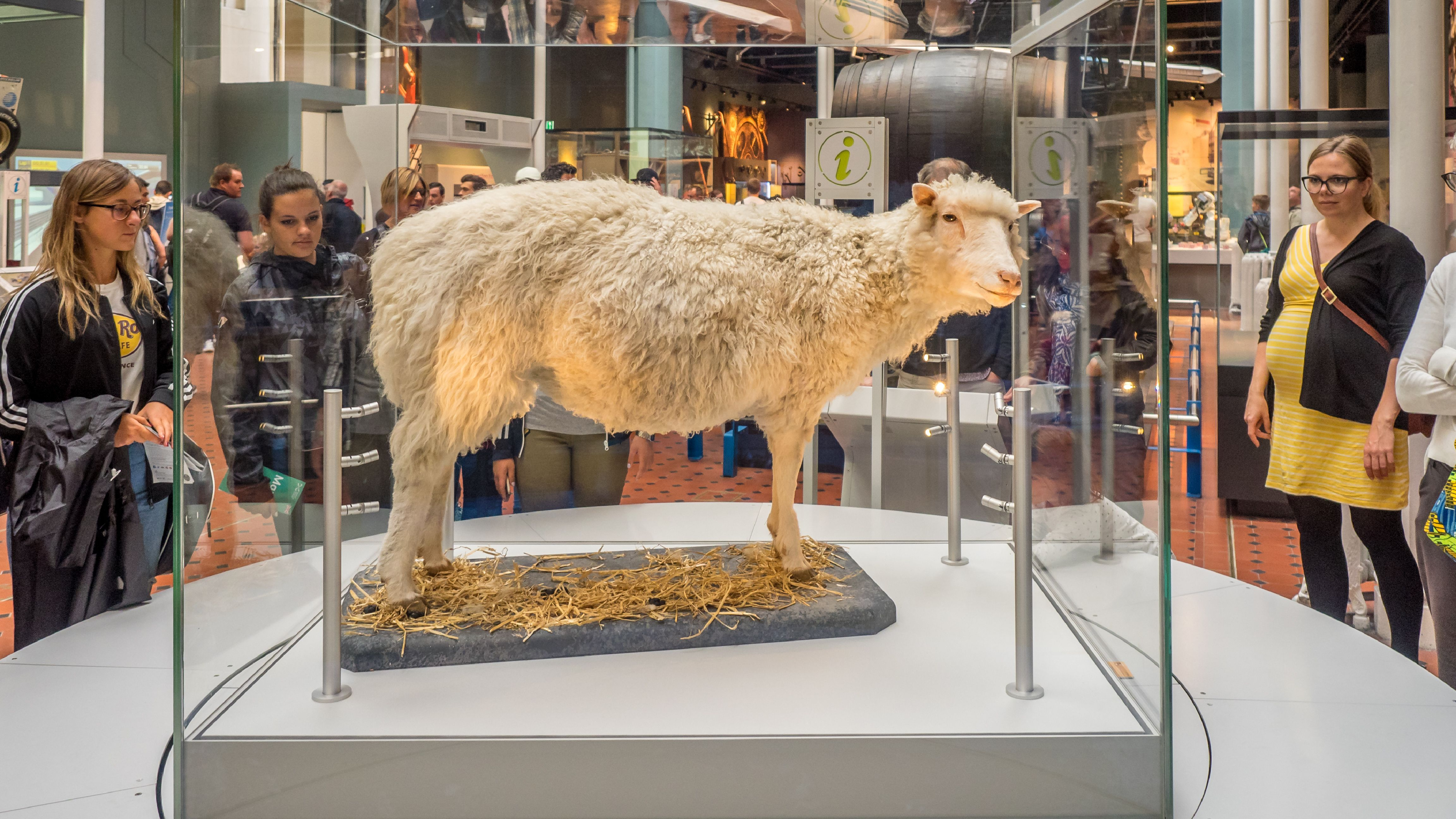
ChatGPT is dominating the world of AI (and online discourse) whether you use ChatGPT straight off the official site or the integrated version found in the newly redesigned Bing search engine.
The chatbot is owned, developed, and run by OpenAI - which in turn is slowly and steadily cementing itself as the AI company. However, a new developer has taken a step forward in the release of its own language model: Dolly.
The open-source GPT chatbot is a ChatGPT clone that is named after the infamous sheep of the same name, the first mammal to be cloned.
The new clone represents a growing reluctance within the AI development space to allow large companies to create a monopoly over the technology - and leave people’s sensitive information in the hands of said corporations. This is a valid concern, particularly when we look at ChatGPT’s very recent data leak that put users' credit card information at risk.
Dolly LLM (large language model) is the newest addition to the long line of open-source AI models, part of a movement to improve access to the emerging technology.
According to Search Engine Journal, Dolly was ‘born’ from an open-source model created by a non-profit research institute called EleutherAI and an Alpaca Model which was developed by Stanford University, the latter of which was itself derived from the LLaMA model created by Facebook owner Meta. The LLaMA model is a language model trained on publicly available data.
You can read the full announcement about Dolly on Databrick’s official site.
Coming up with an escape plan
So, it seems that smaller but still very impressive chatbots and AI databases are in the worlds outside the current 'big three', ChatGPT, Microsoft’s Bing AI, and Google Bard. Dolly is an important step in the right direction as it shows that top-quality language learning models can be created with a smaller but high-quality dataset.
In the excitement of these new chatbots popping up and continuously evolving, it’s easy to lose track of the fact that these big corporations could potentially ‘rule’ over the world of AI, and we don’t want that.
It is super exciting to see more people and smaller enterprises have a go at developing alternatives to the ‘big three’, as pretty soon - with the way things seem to be headed - we might be looking for a way out of their net.







